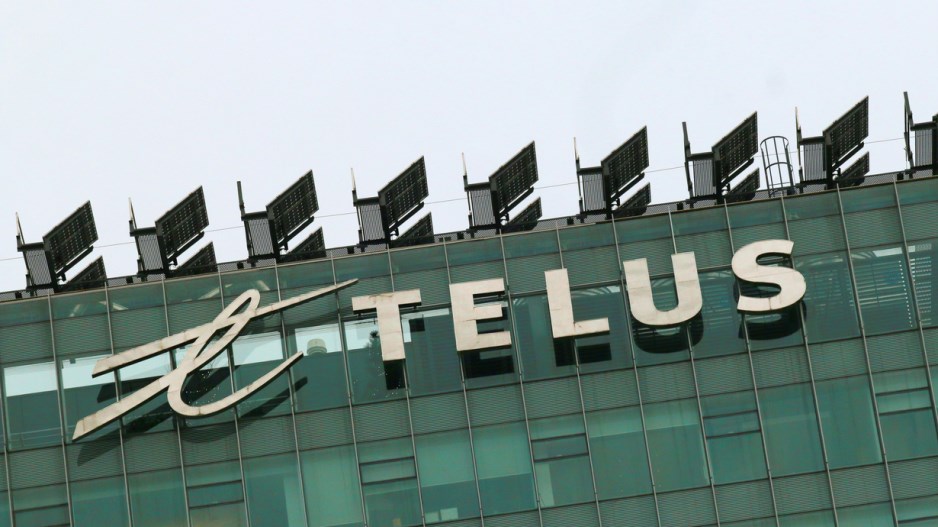What happened: Telus unveils second venture capital fund, earmarking $100m for early stage companies
Why it matters: Investments will be aimed at ‘purpose-driven’ companies
While borders may remain restricted for the foreseeable future, Blair Miller doesn’t see them as barriers to investing in startups across the globe.
“Travel’s been transformed from a flight on Air Canada or WesJet, to a Zoom visit,” said the managing partner of Telus Corp.’s (TSX:T) newly launched Pollinator Fund for Good.
“Obviously, Telus was always disposed to enabling digital conversation.”
So physical elbow-rubbing is off the table for now at the $100-million venture capital fund, which was officially unveiled Tuesday (November 24).
But Miller said this year’s rapid adoption of virtual meetings may in fact help grease the wheels of deals as the Vancouver telecom giant looks to invest in purpose-driven startups focused on everything from advances in healthcare to microloans for immigrants and refugees.
“We're able to connect across time zones easier and don't have some of the travails of having to physically visit some of these locations,” he told BIV.
One of three investments made ahead of Tuesday’s unveiling is for an international firm, U.S.-based Tidal Vision Products Inc., which specializes in upcycling crustacean shells to create biopolymer.
The remaining are based on the Sunshine Coast (Rhiza Capital Inc., an impact-investment fund) and in Calgary (Windmill Microlending, the country’s largest microlending program).
Miller said the Rhiza connection will also help his fund identify additional investment opportunities.
The Pollinator fund is Telus’ second VC fund.
The first, Telus Ventures, is focused on investments meant to deliver value to the parent company’s business.
“The purpose-driven aspect of it [Pollinator] really resonates with me,” Miller said.
“We see the Pollinator commitment and investments to follow saying, ‘We believe this is a critical time to be injecting catalytic capital into the market.’”
Investments targeting for-profit, early stage companies will typically range in size from $500,000 to $1 million, with follow-on dollars reserved for down the road.
Miller expects the first $45 million tranche of the fund to be deployed in the next three to five years, while Telus has committed to investing $100 million altogether.
“We passionately believe that purpose and profit can go hand in hand,” Miller said.




